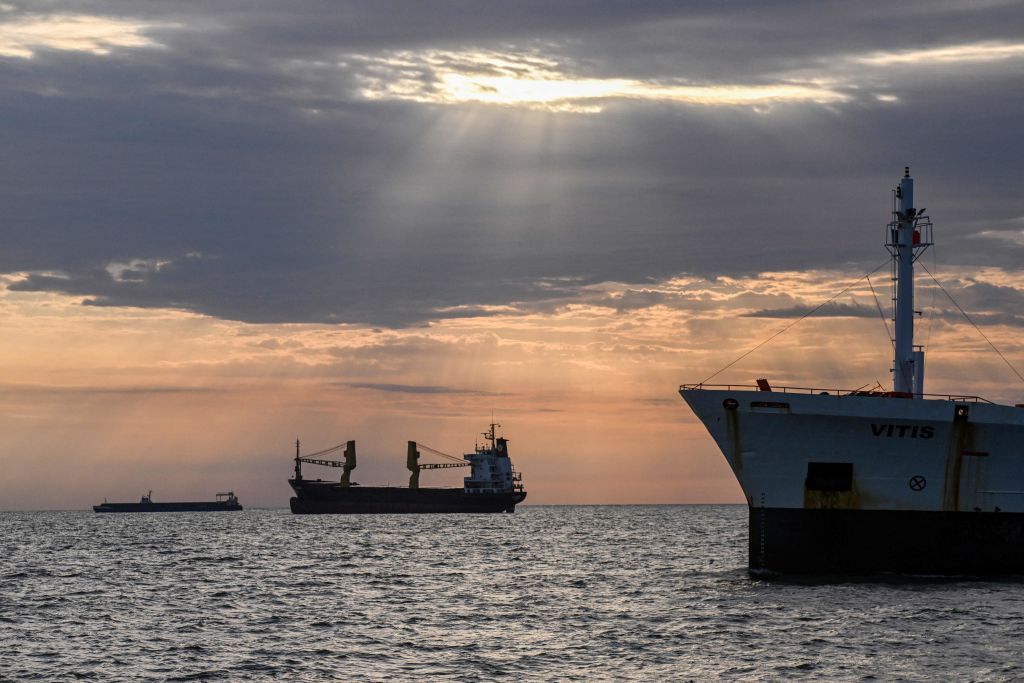Reuters: Russia faces challenges in exporting its grain

Moscow is facing challenges in exporting its grain products, namely the lack of ships, rising insurance costs, and the unwillingness of Western companies to deal with Russia, Reuters reported on Aug. 8.
Russia's exports are hindered by the so-called hidden sanctions that "may lead to an increase in freight and insurance costs," Reuters said with reference to Eduard Zernin, the head of Russia's Union of Grain Exporters.
Although Russian agricultural exports are not directly sanctioned by the West, the restrictions imposed on the banking sector and Russian individuals contribute to the rising costs, Reuters noted.
Merchant vessels are also more hesitant to sail through the Black Sea following Russia's unilateral termination of the grain deal, the news agency reported. Russia followed up its withdrawal from the grain deal by strikes against Ukraine's ports and agricultural infrastructure.
Both Moscow and Kyiv announced that ships sailing to the ports controlled by their opponent will be treated as military targets. The U.K. and the U.S. warned that Russia may also attempt to target civilian cargo ships to further hamper Ukraine's export capacities.
According to Reuters, the risks associated with sailing through the Black Sea are driving up the costs, specifically in terms of insurance, and pushing Russia toward older and smaller vessels run by less established shipping operators.
According to Reuters' sources, Russia's Agriculture Ministry predicts that grain exports will fall about 8% during the 2023-2024 season.
The ministry also announced a plan in December to build 61 new cargo vessels, citing sanctions and the refusal of many international carriers to work with Russia, Reuters said.
Russia unilaterally terminated the Black Sea Grain Initiative on July 17. The deal allowed Ukraine to export its grain even amid the ongoing full-scale invasion.
Ukraine's grain exports are vital to the world's food supply. Before the full-scale invasion, Ukraine was the fifth-largest wheat exporter globally. The grain deal had allowed for nearly 33 million metric tons of food to be exported through Ukrainian ports while it was in force, according to the U.N.
At the Africa-Russia summit in late July, Russian President Vladimir Putin said that Russia can supplant Ukrainian exports to Africa with its own products, both as aid and on a commercial basis.
Putin presented this plan also to Turkish President Recep Tayyip Erdogan during a phone call, voicing hope for Turkey's cooperation.











